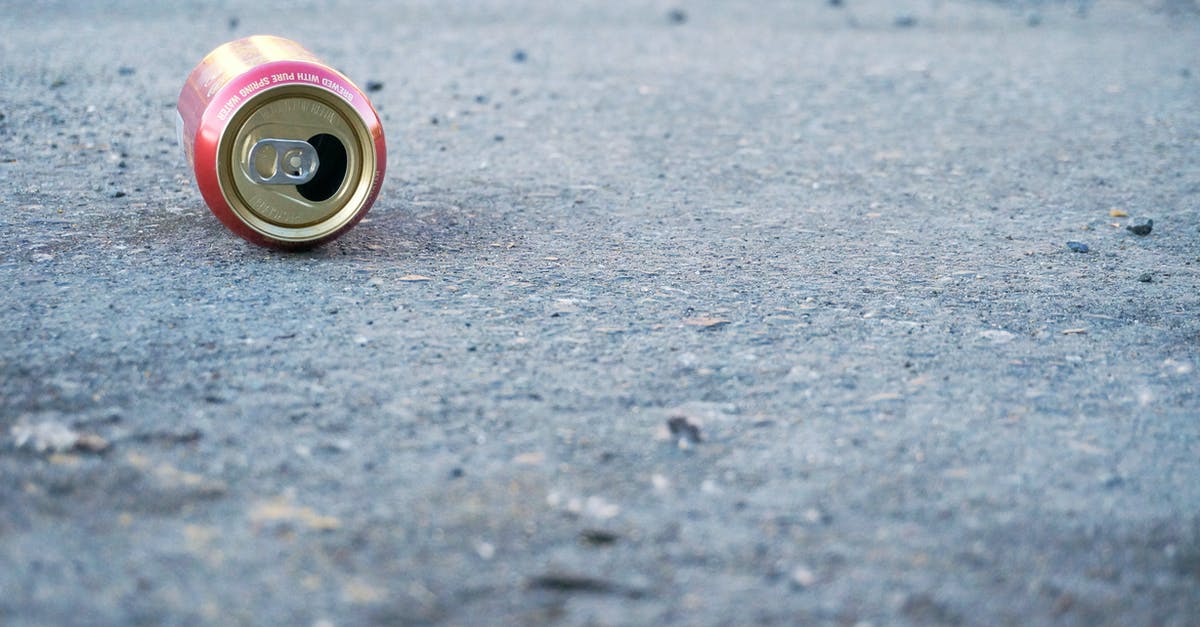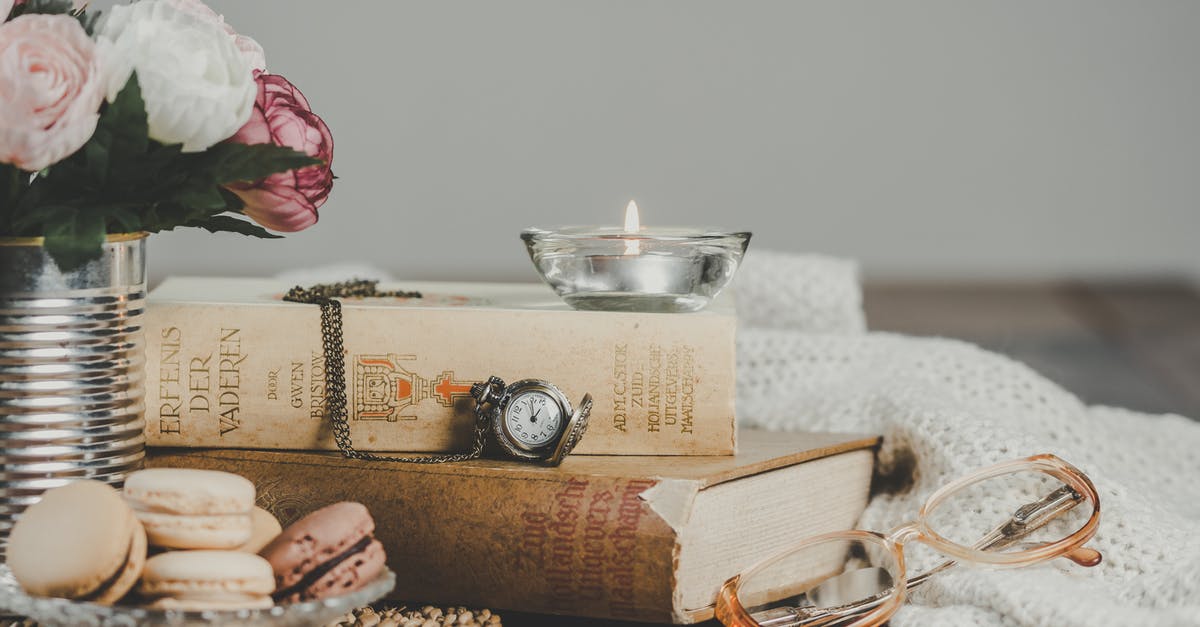Can liqueurs be reduced?

I'm thinking specifically about Frangelico, but Kahlua is another one that I use quite a bit. I don't care about alcohol content, but I would like stronger flavor and less liquid.
Best Answer
Many of the aromatic qualities of liqueurs are due to volatile substances that will likely evaporate while reducing the liqueur. So it really depends on how volatile the substances are that you want to keep.
I performed a simple experiment with Frangelico. So, what I did is (over low heat for 20 minutes) I reduced 1/4 cup of store bought Frangelico to cca. 1/8 cup hazelnut and caramel flavored sugar water/syrup. It tastes pleasant, but the hazelnut aroma is a bit weaker - which might suggest that some of the hazelnut aroma evaporated together with the alcohol and water (wouldn't be surprising) or that the alcohol helped with distributing (hence perceiving) the aroma better or that the sweetness and other flavors now overpower it.
Anyway, as stated above in many cases the aromatic substances in mixtures are aromatic because they are highly volatile - we can smell them cause they escape from the mixture.
So, what can you do? Some techniques that I have used in the past come to mind:
- Distillation. Where you separate aromatic substances depending on their boiling points and catch them after condensation. However, the heat might not be good for some substances.
- Rotary evaporation. Which became a "hot" technique in molecular cooking =) Here the idea is similar to distillation, but the method is gentler in terms of temperature as it operates under reduced pressure - however it requires special equipment - a rotary evaporator. I successfully used it to separate the aroma from walnut liqueur and to make whiskey syrup.
- Freeze distillation. It has been suggested for separating menthol and other stuff from the alcohol medium (you might find suggestions for similar techniques by searching the internet for "homemade [whatever] essence/extract").
- Making your own liqueurs/alcohol extracts - with more concentrated aroma than the commercial ones - so you have less volume for the same amount of the aromatic substance. This might be possible as the amount of alcohol in the solution might be able to accept more of the aromatic substance than there is in the commercial liqueur. However, it is very likely they are adding a concentrated/distilled essence, which gives a more clean and stronger flavor than what you can get from just extracting it (from say hazelnuts) with alcohol.
However, as perviously suggested by @TFD you can just want to avoid all the hassle and buy commercially available essences/extracts or use some alternative flavorings as @razumny suggests. Or simply try the reduction technique if you don't mind loosing some of the volatile substances - and if the result is satisfying enough.
That said, I made very tasty reductions of some liqueurs with very strong flavors (homemade wild blueberry liqueur and Terrano liqueur) to pour over deserts, where I mostly just wanted to get rid of the alcohol taste and to thicken it a bit. So, the results will vary from liqueur to liqueur and your best bet would be to just try it out with small quantities to see how it goes.
Pictures about "Can liqueurs be reduced?"



Can you reduce liqueur?
Many of the aromatic qualities of liqueurs are due to volatile substances that will likely evaporate while reducing the liqueur. So it really depends on how volatile the substances are that you want to keep.Can you reduce alcohol into a syrup?
Add a neutral spirit, like vodka, to bring your syrup's alcohol-by-volume (abv) up to about 15% to create a syrup that will last at least a few months. This equates to 5 fluid ounces, or a little more than \xbd cup of alcohol, for one quart of syrup. Use more alcohol to extend the shelf life almost indefinitely.How long can you keep an open bottle of liqueur?
While liqueurs can typically be enjoyed for up to 12 months after opening, any \u201coff\u201d colors, aromas and/or flavors should be a sign they have surpassed their prime. For optimal drinkability, store liqueurs away from direct sunlight in a cool, dark place.Do liqueurs have a shelf life?
It should be noted that liqueurs \u2014 sweetened, distilled spirits with added flavors, such as fruit, spices, or herbs \u2014 will last up to 6 months after opening.What is the Healthiest Alcohol to Drink? - Thomas DeLauer
More answers regarding can liqueurs be reduced?
Answer 2
While you could reduce it, you would most likely remove a lot of flavour too
Try a "home brewing" shop for a essence of Frangelico
e.g. http://www.beaudeserthomebrew.com.au/Still-Spirits---Top-Shelf/
Answer 3
I have not tried reducing liqueurs myself. However, judging from experience with reducing red and white wine, you will likely intensify the stronger base notes, while the finer notes are more likely to be lost in the mix. (Note that the finer flavor notes are not gone, they are simply drowned out by the stronger base notes).
I found a list of Alcohol Substitutions at About.com: http://homecooking.about.com/library/archive/blalcohol6.htm
Answer 4
I left 3 centimeters of Disaronno Amaretto on the side in a glass with cling film on top, left it for 2 months (by mistake, I was saving for some meal I never made), it turned into a thick sticky syrup with next to zero alcohol (but all the flavor).
I also got a "sugar sweet" left in the middle (small badly formed sugar cube).
I think it could not have been quite air tight and the water/alcohol evaporated. It was not in direct sunlight nor in shade.
I assume something could be done with others! (not vodkas or whiskeys, etc)
Answer 5
You may be able to reduce Frangelico, as it is only 20% alcohol by volume, and so may not be terribly likely to create a fire hazard. However, as Razummy has indicated, this may not leave it tasting at its best.
Normally, you use liqueur in recipes as much for the aroma as for being a direct flavoring, so the among is small already: a tablespoon or two, perhaps a quarter cup at the outside.
You must ask yourself, why is reducing liqueurs not a common, or at least a known technique? The answer is almost certainly that the results are not very good.
If you are wanting more flavor than the liqueurs provide, for a primary flavor component, you would be better off using essential oils or extracts.
For example, hazelnut extract is available from a number of sources. Similarly, you can obtain essentially oils intended primarily for flavoring candies but useful for other purposes in a wide variety of flavors. The main vendor these days appears to be LorAnn.
Answer 6
Reverse Osmosis is already in use to concentrate the flavorants in wine. There's no reason to think it wouldn't also work for Frangelico or Kahlua. Membranes that pass water preferably to ethanol are available(Powerpoint), but AFAICT, haven't yet been applied to liqueurs. Barring such an experimental approach, you'd have to add pure ethanol back to your concentrated flavorants.
Sources: Stack Exchange - This article follows the attribution requirements of Stack Exchange and is licensed under CC BY-SA 3.0.
Images: Jiyoung Kim, Ylanite Koppens, Ylanite Koppens, Dazzle Jam
